We Offer Unique & Colorful Caskets
We have a Large Selection of Hard to Find Caskets and Colors...Only at Memories Funeral Home
BEING WELL INFORMED IS THE #1 WAY TO AVOID EMOTIONAL OVERSPENDING
Funerals:
Traditional Funerals (Viewing, Funeral followed by cemetery burial)
Cremation Services (with or without viewing or a funeral, rental casket available)
Memorial Services ( A service without the deceased being present)
Graveside Services (Services held at the cemetery)
Fetal/Stillborn/Infant Services from $500.00 and up
Adult Services from $1,250.00*(dependent of Social Services approval)
Adult Services -No insurance available - 1/2 down due no later than two days before the funeral, then mutually agreeable payments or we can
apply to Social Services or the VA to see if you are eligible for burial assistance.
*Mutually agreeable means arrangements that benfit both parties not just the funeral home. You are our primary concern.
Pre Arrangements: Making your or someone elses' funeral arrangemets related to the funeral (Funeral Home, Cemetery, Flowers, Headstone, ect.)
Pre-Planning: Making Your Arrangements without making a payment. This option is good if you plan on using life insurance or benefits through your job that will not be available until after death has occurred.
Pre-Paying: Making your funeral arrangements and opening a Pre-Need Trust Account by either paying in full or make periodic payments. The interest that accrues may be used to offset future inflationary costs.
We recommend this to avoid:
- Emotional Overspending
- Disagreements by survivors
- Regretting that you did not take care of it ahead of time.
Shipping: Inside and outside the United States. Free Consultion avilable 24 Hours a day.
Seminars: Free non-solicitive Seminars Available for your church or Civic Organization. This is information you are entitled to by law to address:
- Your rights as consumers
- Rules and Requirements regarding cemeteries, caskets, vaults
- Benefits of Pre Arranging a funeral
- How to avoid Price-gouging by funeral homes and conglomerates
Social Services: Dependent on eligibility. Burial assistance if you have no assets, ( property, savings, life insurance, ect.). They may offer you the choice of using the county cemetery, Oatka Cemetery in Scottsville NY. If you decline the use of Oatka Cemetery, you are responsible for any other mode of disposition (burial, cremation,ect.), for the deceased.
Note: The funeral home and family contracts with Social Services. You will be responsible for the remainding balance of the funeral bill after the County grants the 1250.00 benefit.
Veterans Benefits: An eligible veteran is entitled to receive either Free Burial at a National Veterans Cemetery Flag, Headstone, or Military Honors.
*Dependent on eligibility.
New York State Crime Victims Board
*Dependent on Eligibilty:
Pays Re-imbursement up to $6,000.00 for any money paid towards a crime victim's funeral. If you do not pay the funeral home yourself, or make a
partial payment; the Crime Victims Board will pay the rest up to $6,000.00. (EACH CASE IS DIFFERENT)
Assistance: Obtaining and filing insurance forms, Social Security Forms Employment Benefit Forms andAny other assistance that is necessary to ensure that you recieve any benefits that you are entitled to.
Understanding Cost in Funeral, Cremation, Embalming, & Caskets
The costs of bereavement planning and services can rank among some of the most expensive purchases people will ever make. The following is a list of costs associated with funerals, cremation, embalming, and casket purchases.
Please feel free to contact an Memories Funeral Home representative at any time.
Funerals
1. Basic services fee for the funeral director and staff
The Funeral Rule allows funeral providers to charge a basic services fee that customers cannot decline to pay. The basic services fee includes services that are common to all funerals, regardless of the specific arrangement. These include funeral planning, securing the necessary permits and copies of death certificates, preparing the notices, sheltering the remains, and coordinating the arrangements with the cemetery, crematory or other third parties.
The fee does not include charges for optional services or merchandise.
2. Charges for other services and merchandise
These are costs for optional goods and services such as transporting the remains; embalming and other preparation; use of the funeral home for the viewing, ceremony or memorial service; use of equipment and staff for a graveside service; use of a hearse or limousine; a casket, outer burial container or alternate container; and cremation or interment.
3. Cash advances
These are fees charged by the funeral home for goods and services it buys from outside vendors on your behalf, including flowers, obituary notices, pallbearers, officiating clergy, and organists and soloists.
Some funeral providers charge you their cost for the items they buy on your behalf. Others add a service fee to their cost.
The Funeral Rule requires those who charge an extra fee to disclose that fact in writing, although it doesn't require them to specify the amount of their markup.The Rule also requires funeral providers to tell you if there are refunds, discounts or rebates from the supplier on any cash advance item.
Calculating the Actual Cost
The funeral provider must give you an itemized statement of the total cost of the funeral goods and services you have selected, when you are making the arrangements. If the funeral provider doesn't know the cost of the cash advance items at the time, he or she is required to give you a written "good faith estimate."
This statement also must disclose any legal, cemetery or crematory requirements that you purchase any specific funeral goods or services. The Funeral Rule does not require any specific format for this information.
Funeral providers may include it in any document they give you at the end of your discussion about funeral arrangements.
Cremations
Many families that opt to have their loved ones cremated rent a casket from the funeral home for the visitation and funeral, eliminating the cost of buying a casket. If you opt for visitation and cremation, ask about the rental option.
For those who choose a direct cremation without a viewing or other ceremony where the body is present, the funeral provider must offer an inexpensive unfinished wood box or alternative container, a non-metal enclosure - pressboard, cardboard or canvas - that is cremated with the body.
Under the Funeral Rule, funeral directors who offer direct cremations:
- May not tell you that state or local law requires a casket for direct cremations, because none do
- Must disclose in writing your right to buy an unfinished wood box or an alternative container for a direct cremation
- Must make an unfinished wood box or other alternative container available for direct cremations
Burial Vaults & Graveliners
Burial vaults or grave liners, also known as burial containers, are commonly used in "traditional," full-service funerals. The vault or liner is placed in the ground before burial, and the casket is lowered into it at burial. The purpose is to prevent the ground from caving in as the casket deteriorates over time.
A grave liner is made of reinforced concrete and will satisfy any cemetery requirement. Grave liners cover only the top and sides of the casket.
A burial vault is more substantial and expensive than a grave liner. It surrounds the casket in concrete or another material and may be sold with a warranty of protective strength.
State laws do not require a vault or liner, and funeral providers may not tell you otherwise. However, keep in mind that many cemeteries require some type of outer burial container to prevent the grave from sinking in the future. Neither grave liners nor burial vaults are designed to prevent the eventual decomposition of human remains. It is illegal for funeral providers to claim that a vault will keep water, dirt or other debris from penetratinginto the casket if that's not true.
Before showing you any outer burial containers, a funeral provider is required to give you a list of prices and descriptions.
Embalming
Many funeral homes require embalming if you're planning a viewing or visitation.But embalming generally is not required if the body is buried or cremated shortly after death, however some states do require embalming by law.
Under the Funeral Rule, a funeral provider:
- May not provide embalming services without permission.
- May not falsely state that embalming is required by law.
- Must disclose in writing that embalming is not required by law, except in certain special cases.
- May not charge a fee for unauthorized embalming unless embalming is required by state law.
- Must disclose in writing that you usually have the right to choose a disposition, such as direct cremation or immediate burial,
- Does not require embalming if you do not want this service.
- Must disclose in writing that some funeral arrangements, such as a funeral with viewing,
- May make embalming a practical necessity and, if so, a required purchase.
Caskets
A casket often is the single most expensive item you'll buy if you plan a "traditional," full-service funeral. Caskets vary widely in style and price. Typically, they're constructed of metal, wood, fiberboard, fiberglass or plastic. Although an average casket costs slightly more than $2,000, some mahogany, bronze or copper caskets sell for as much as $10,000.
When you visit Memories Funeral Home to shop for a casket, the funeral rule requires the funeral director to show you a list of caskets the company sells, with descriptions and prices, before showing you the caskets. It's important to remember when buying a casket that its purpose is to provide a dignified way to move the body before burial or cremation.
No casket, regardless of its qualities or cost, will preserve a body forever. Metal caskets frequently are described as "gasketed," "protective" or "sealer" caskets. These terms mean that the casket has a rubber gasket or some other feature that is designed to delay the penetration of water into the casket and prevent rust. The Funeral Rule forbids claims that these features help preserve the remains indefinitely because they do not. Most metal caskets are made from rolled steel of varying gauges - the lower the gauge, the thicker the steel.
Some metal caskets come with a warranty for longevity. Wooden caskets generally are not gasketed and don't have a warranty for longevity. They can be hardwood like mahogany, walnut, cherry or oak, or softwood like pine. Manufacturers of both wooden and metal caskets usually warrant workmanship and materials.
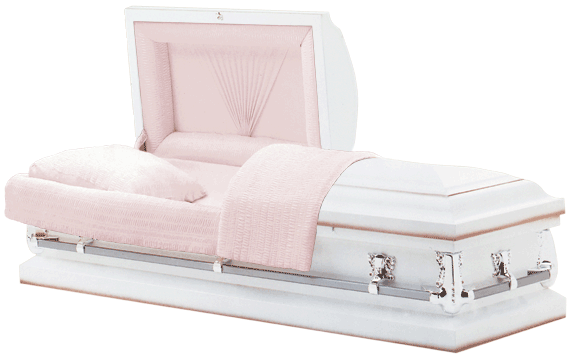
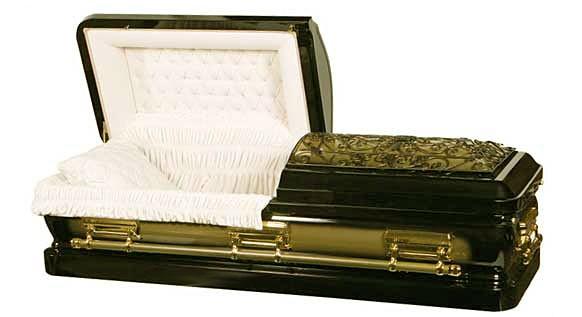
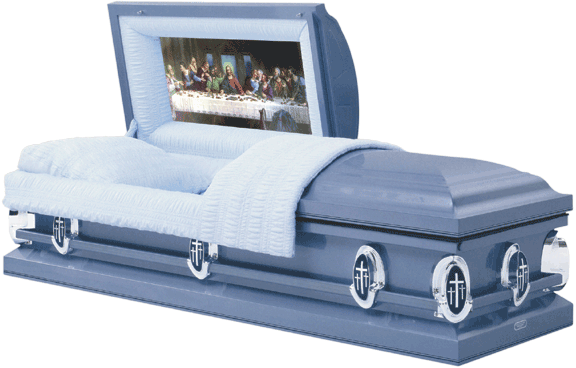
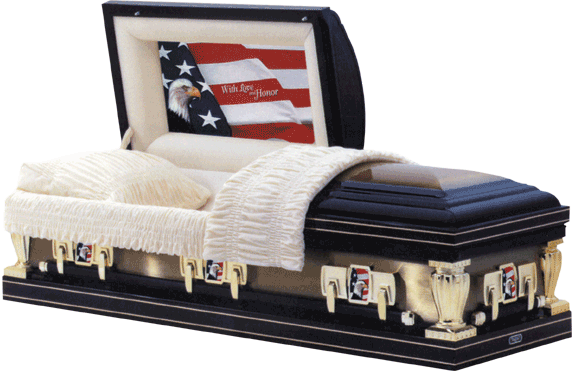
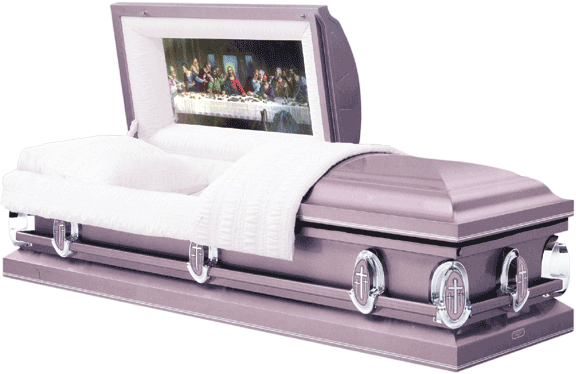
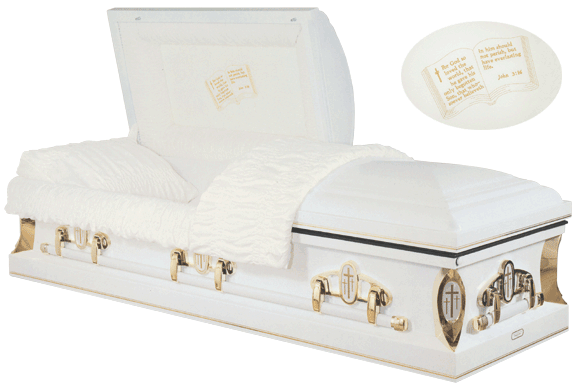
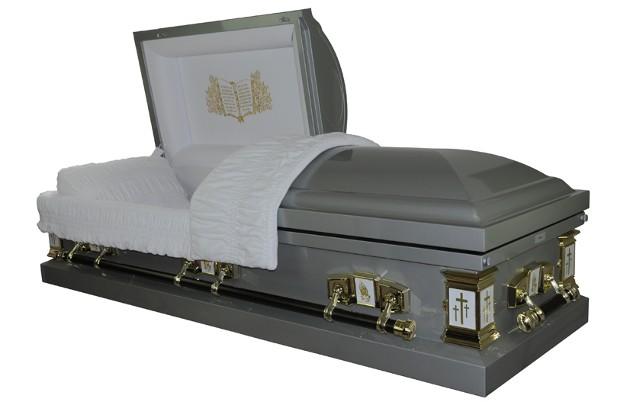
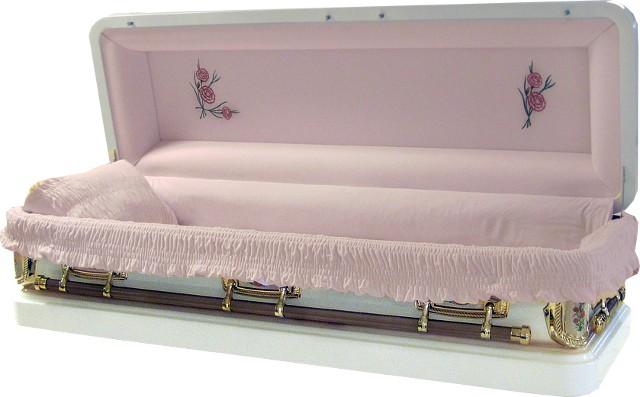
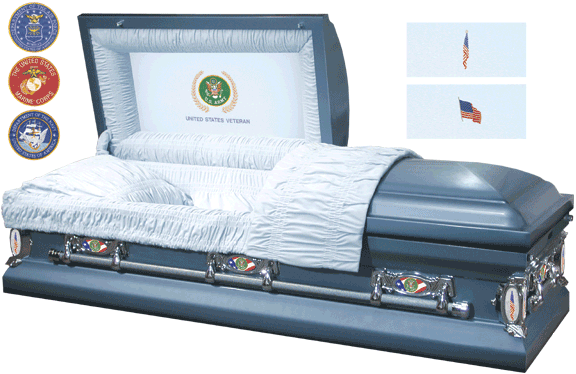
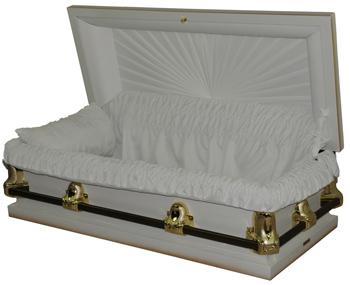
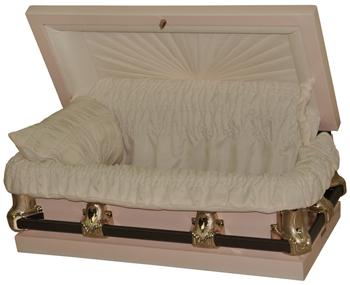
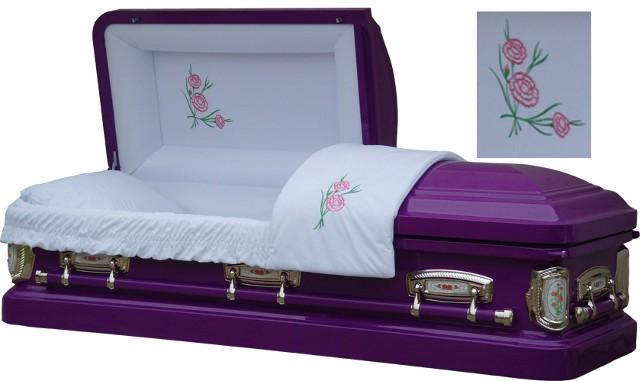
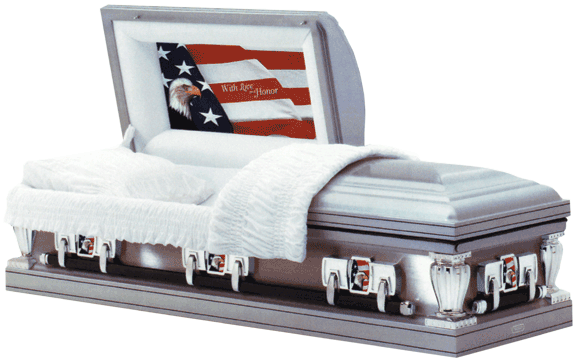
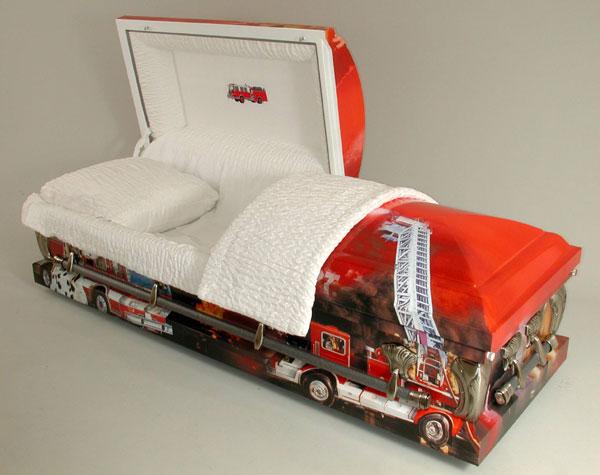
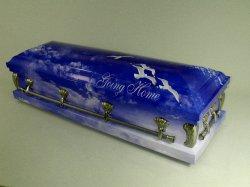
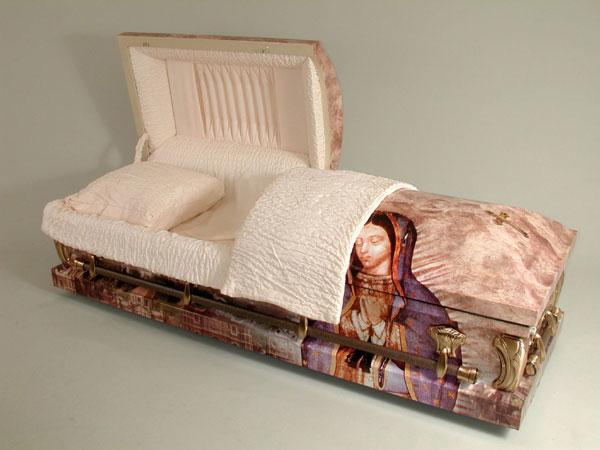
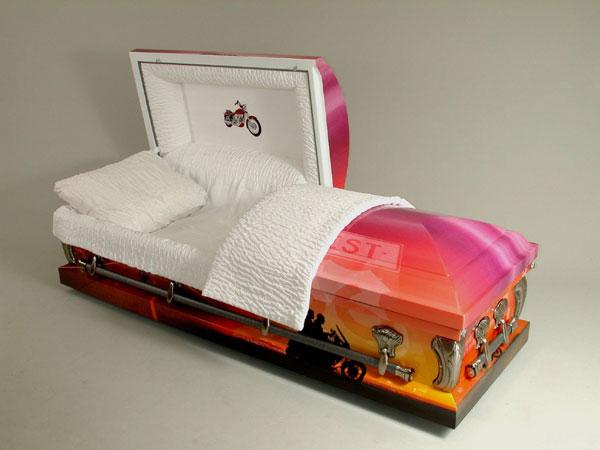
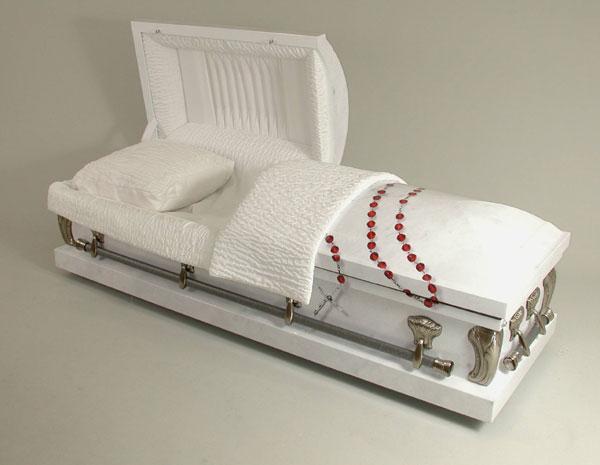
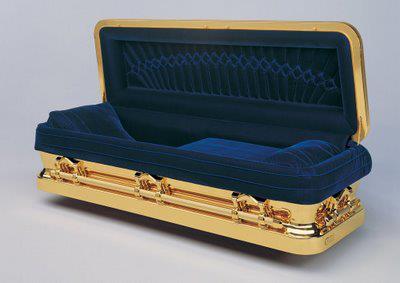
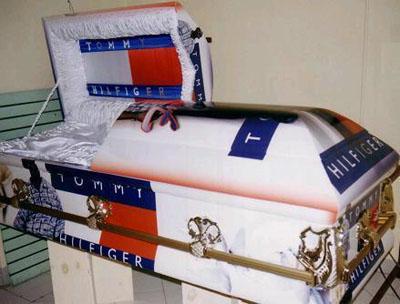
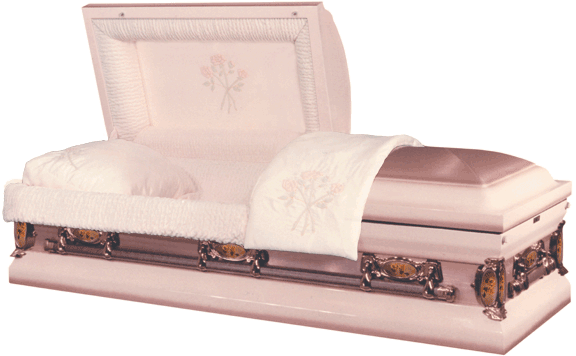
Pre-Planning
Taking the time now to arrange your funeral is one less thing your loved ones will need to worry about once you’ve passed. Pre-planning and pre-paying your funeral is one of the most thoughtful gifts you can give to your family.
Grief Resources
The death of someone we care about can be one of the most difficult experiences of life. Words seem inadequate to describe how painful the grief we feel can be. It is often much more challenging than we expect and than others seem to think.
Resources
This section contains helpful information to guide you through such things as Legal Advice, Grief Resources and Veterans Information.
Obituaries
We encourage you to use our beautifully designed interactive online tributes to pay your respects. Leave a condolence, share a memory, post a photo, light a candle and more!

1005 Hudson Avenue
Rochester, New York
14621
Phone: (585) 544-4929
Fax: (585) 544-4931
Email: memoriesfuneralhome@gmail.com


